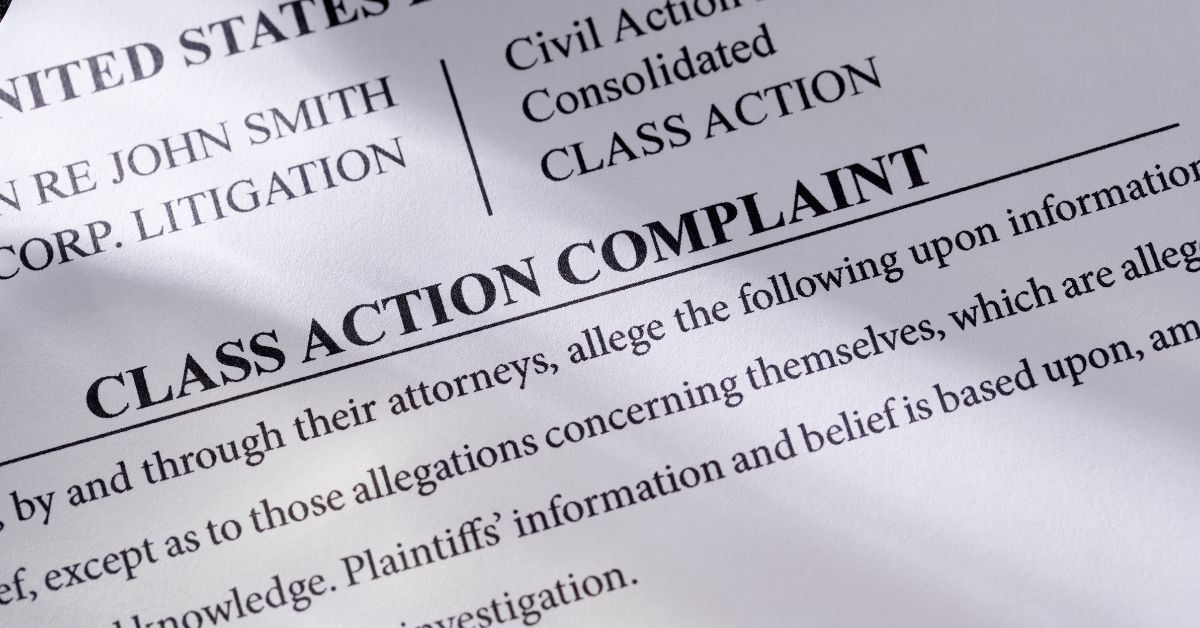Can I Sue If I Signed An Arbitration Agreement
Can I Sue If I Signed An Arbitration Agreement Exploring Legal Options After Signing an Arbitration Agreement In certain circumstances, you may still have the ability to file a lawsuit even after signing a valid arbitration agreement. Although the legal landscape generally favors arbitration agreements, exceptions exist when you might not have comprehended your rights or when your claims extend beyond the arbitration’s purview. Establishing these exceptions, however, can be a complex endeavor.
While arbitration agreements can manifest in various contract contexts, they frequently arise in employment agreements. This article will primarily focus on employment agreements, but the general principles discussed herein are applicable to any arbitration agreement. If you find such an agreement in your employment contract and encounter a dispute with your employer, it’s advisable to seek guidance from an employment attorney. They can provide legal counsel concerning your legal claims and the potential avenues for pursuing court action despite the arbitration provision.
Understanding Arbitration
Arbitration offers an alternative means of dispute resolution outside the courtroom. Essentially, it involves both parties consenting to present their dispute before a neutral third party known as an arbitrator, who renders a binding decision. An agreement to arbitrate a claim is aptly referred to as an arbitration agreement.
Key aspects of arbitration include:
- Consensual Nature: Both parties must mutually agree to arbitration.
- Arbitrator Selection: Parties typically choose an arbitrator, often a retired judge or experienced professional.
- Confidentiality: Arbitration proceedings generally maintain confidentiality.
- Binding Decision: The arbitrator’s decision holds legal weight and is enforceable.
- Enforceability: The ease of enforcing the arbitrator’s decision in court.
Unless the parties explicitly stipulate that state arbitration law governs, the Federal Arbitration Act (FAA) will usually apply to their arbitration. The FAA establishes broad guidelines for how arbitration commences, proceeds, and concludes. These guidelines can often be modified based on the parties’ agreement.
Arbitration Process
Many arbitration agreements outline specific rules governing the arbitration process. Alternatively, parties may agree to adhere to an organization’s arbitration rules, such as those offered by the American Arbitration Association (AAA).
The agreed-upon rules typically dictate the arbitration’s initiation. Generally, one party initiates the process by submitting a demand for arbitration, with the initiating party known as the claimant and the opposing party as the respondent. The claimant’s demand typically outlines the nature of the dispute. Subsequently, the respondent may respond to the claim.
Following this, the parties collaborate to select an arbitrator, either proposing their candidate or choosing from a roster, particularly if they adhere to the AAA’s rules. Once an arbitrator is agreed upon, the parties prepare for the arbitration, collecting evidence and exchanging documents in accordance with their agreement or applicable arbitration rules. They may also present written arguments to the arbitrator before the actual arbitration hearing.
During the arbitration hearing, both parties present their respective cases in a manner similar to a court proceeding before a judge. The claimant introduces evidence and calls witnesses, followed by the respondent presenting their evidence and witnesses. After both parties have concluded, the arbitrator deliberates and issues a written decision. If the claimant prevails and needs to enforce the arbitrator’s award, they can file a petition with the appropriate court.
Pros and Cons of Arbitration
Arbitration garners favor among many lawyers as a dispute resolution method for several reasons:
Pros:
- Speed: Arbitrations generally conclude more swiftly than court cases.
- Expense: Arbitrations are often less costly than traditional court proceedings.
- Arbitrator Selection: Parties have some influence on selecting the arbitrator, which can be beneficial in complex cases.
- Informality: Arbitrations tend to be less formal and more flexible.
Nonetheless, some legal professionals argue that the drawbacks of arbitration outweigh the benefits, highlighting these concerns:
Cons:
- No Jury Trial: By agreeing to arbitration, you relinquish the right to a jury trial.
- No Right to Appeal: Unless otherwise agreed upon, you usually lack the ability to appeal an arbitrator’s decision against you.
- Individual Claims: Modern arbitration clauses frequently prohibit grouping claims with others in a class action, as is possible in court.
- Expense: Arbitrations can be as costly as court cases.
- Terms: The party responsible for drafting the arbitration provision often controls its terms.
The suitability of arbitration in your particular situation hinges on various factors, including your relationship with the opposing party. One context where arbitration clauses have become increasingly prevalent is the employer-employee relationship.
Arbitration Provisions in Employment Agreements
The Economic Policy Institute reports that over 60 million American workers are subject to mandatory arbitration provisions as a condition of employment. Employers have compelling reasons for utilizing these provisions:
- Liability Reduction: Requiring employees to arbitrate claims on an individual basis lowers potential liability for employers.
- Control of Terms: Employers, as the authors of the arbitration provision, dictate the conditions of arbitration. Most employees lack the bargaining power to negotiate or eliminate such provisions. Consequently, disputes are resolved in accordance with terms established by the employer.
- Arbitrator Selection: While arbitrators are expected to be impartial, this is not always apparent. Large companies may repeatedly employ the same arbitrators, fostering a perceived bias in favor of employers.
Enforceability of an Arbitration Provision
To enforce an arbitration provision, a party must file a petition with an appropriate court. However, these issues can often arise within the context of an existing lawsuit. An employee initiates a lawsuit, and the employer responds by filing a motion to compel arbitration based on the arbitration provision’s terms.
Public policy generally leans towards arbitration due to its capacity to resolve disputes without burdening the court system. Courts typically uphold arbitration provisions provided:
- The party entered into a valid contract, understanding they were waiving their right to a jury trial.
- The dispute aligns with the scope of the arbitration provision.
Validity hinges on the fundamental components of contract law: offer, acceptance, and consideration. Once the court verifies a valid contract, it scrutinizes the arbitration provision. As long as both parties were aware they were forfeiting their court rights, including the right to a jury trial, the court is likely to uphold the arbitration provision.
Arbitration provisions are often extensive, specifying the rights being relinquished, especially the right to a jury trial and the right to appeal. They may affirm that you had the opportunity to consult with legal counsel, consciously and willingly gave up your rights, and agreed to arbitrate any disputes.
This is why employers might require separate signatures or initials for arbitration provisions, a requirement enforced by some states’ laws. A tucked-away arbitration clause within an employee handbook may not suffice.
Read More : How Long Do I Have To Sue For Work-Related Injuries
Scope of the Arbitration Provision
After ascertaining the arbitration provision’s validity, the court examines the nature of the dispute. If the dispute falls within the provision’s coverage, the court mandates arbitration. Otherwise, the lawsuit in court proceeds.
To accommodate broad arbitration clauses, agreements might encompass almost all employer-employee disputes, encompassing matters like wages, benefits, family and medical leave, and wrongful termination. However, an astute employment lawyer can analyze your employment contract and determine whether your dispute might transcend the agreement’s scope.
Read More : What Happened To Sue Ashworth
Exception: Sexual Assault and Sexual Harassment
A critical exception exists regarding disputes involving allegations of sexual assault or sexual harassment. Your employer cannot enforce arbitration for these claims unless both parties consented to arbitration after the incidents giving rise to the allegations.





